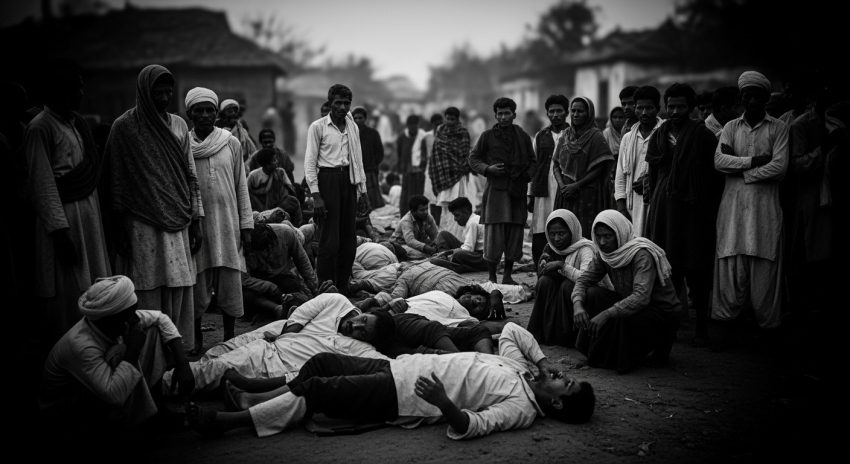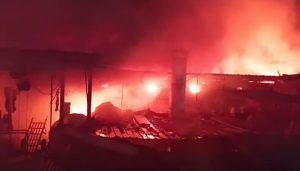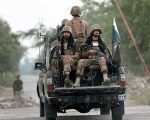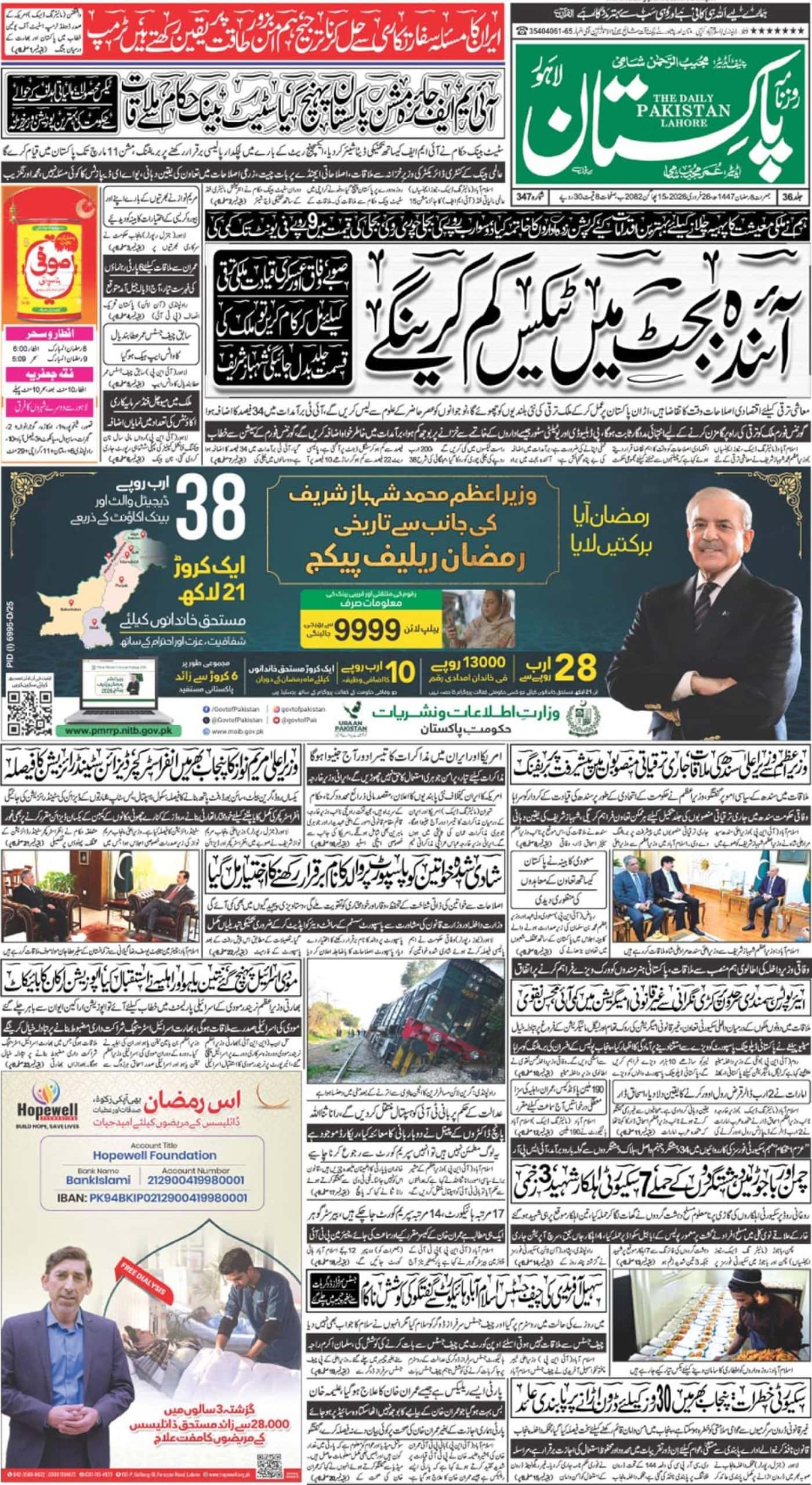There are dates that nations celebrate, and there are dates they mourn. For us, November 6 is not just a line in history — it’s a wound that never healed. Ask an old man in Sialkot or a grandmother in Gujranwala who came from Jammu, and you’ll see it in their eyes before they say a word. They remember that day. They remember the smell of smoke, the sound of trains that left full but arrived empty.
In November 1947, when the subcontinent was splitting in two, Jammu turned into a killing field. Thousands of Muslims — farmers, teachers, shopkeepers — were rounded up under the false promise of safe passage to Pakistan. They carried what little they could, clutching hope like a ticket home. But what waited for them was not safety. It was ambush, slaughter, and silence. The Dogra soldiers and the armed mobs didn’t see faces — they saw a faith to be erased.
By the time the sun set, entire neighborhoods had disappeared. Homes were ash, mosques were rubble, and the Jhelum carried more bodies than boats. People still argue about the number of those killed — two hundred thousand, maybe more — but numbers can’t measure that kind of pain. What happened in Jammu wasn’t chaos; it was cleansing. It was the systematic wiping out of a people who believed they belonged to Pakistan before the map even confirmed it.
The few who survived walked barefoot across a bleeding land. Pakistan was barely a few months old, itself staggering under the weight of millions of refugees. But it opened its arms. These people didn’t just bring stories of survival — they brought grief that became part of our nation’s DNA. They settled here, built new lives, and told their children where they came from. That’s why, even today, Jammu’s pain beats in Pakistan’s heart.
India’s cruelty in those days can’t be washed away with excuses of Partition madness. The cruelty was too organized, too cold. It was meant to erase Muslims from their own homeland — to redraw the map with blood before the ink of independence had even dried. And what began in Jammu didn’t end there. Kashmir still bleeds from the same wound — curfews, disappearances, a silenced valley. The methods changed, but the intent feels hauntingly familiar.
Every year, when November comes, Pakistan remembers. We remember not just the dead, but the betrayal. The trains that never made it. The mothers who never stopped waiting. The fields that still whisper the names of those lost. Jammu’s story isn’t just a tragedy — it’s a reminder that cruelty can never bury truth, and that faith, no matter how bruised, doesn’t die.
November 6, 1947 — the day Jammu burned, and the world looked away. But we didn’t. Pakistan still remembers. And as long as we do, those who died will never be forgotten.














